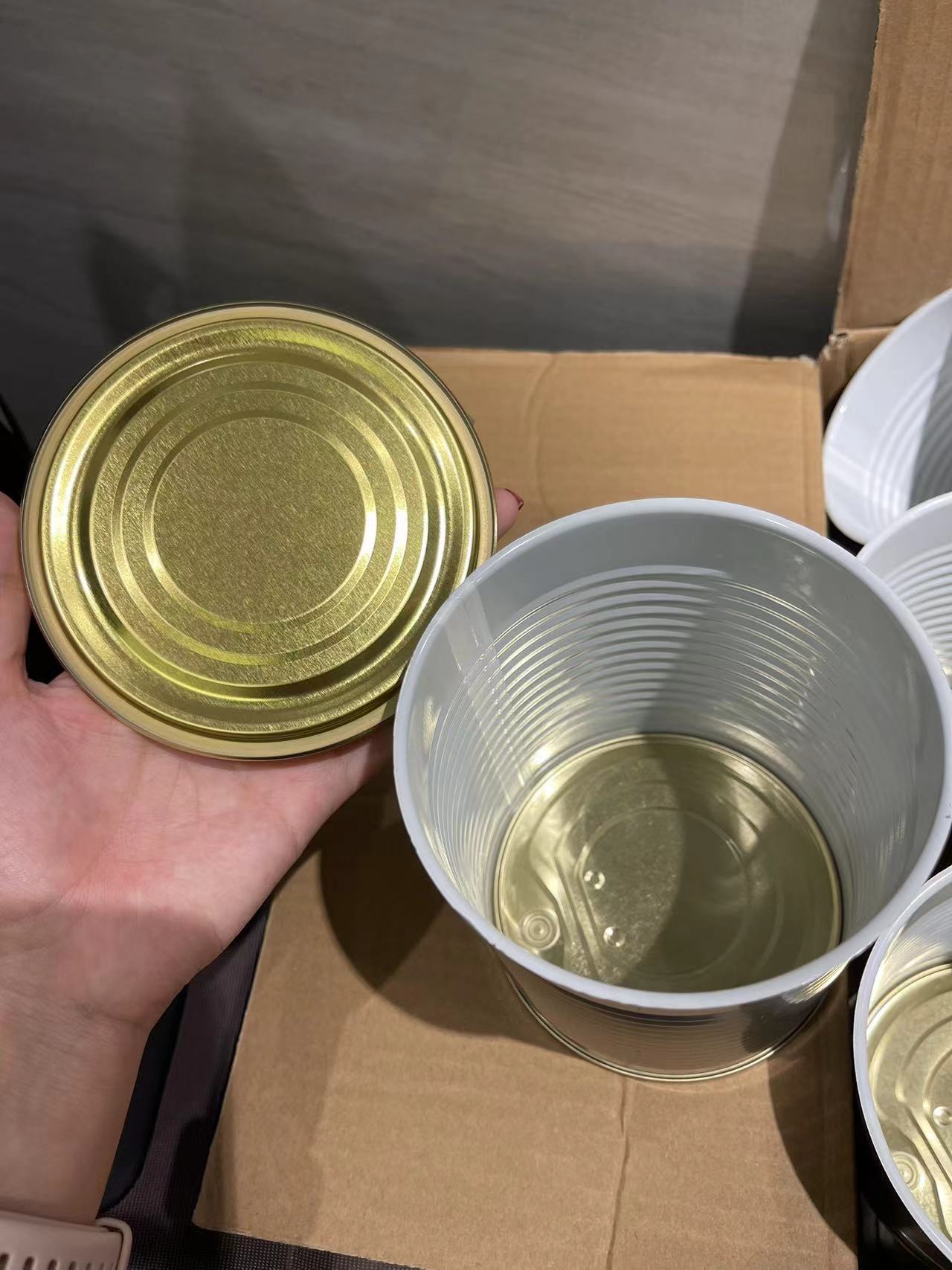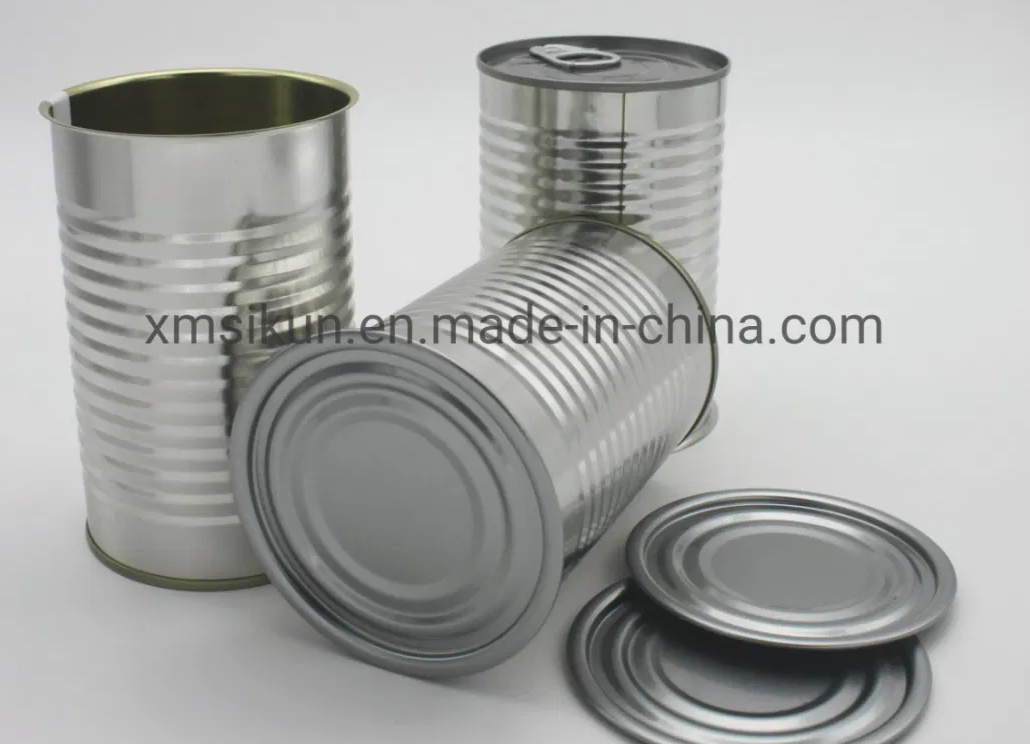The selection of the inner coating for tinplate cans (i.e., tin-coated steel cans) typically depends on the nature of the contents, aiming to enhance the can’s corrosion resistance, protect the product’s quality, and prevent undesirable reactions between the metal and the contents. Below are common contents and the corresponding choices of inner coatings:
1. Beverages (e.g., soft drinks, juices, etc.)
For beverages containing acidic ingredients (such as lemon juice, orange juice, etc.), the inner coating is typically an epoxy resin coating or phenolic resin coating, as these coatings offer excellent acid resistance, preventing reactions between the contents and the metal and avoiding off-flavors or contamination. For non-acidic beverages, a simpler polyester coating (such as polyester film) is often sufficient.
2. Beer and other alcoholic beverages
Alcoholic beverages are more corrosive to metals, so epoxy resin or polyester coatings are commonly used. These coatings effectively isolate the alcohol from the steel can, preventing corrosion and flavor changes. Additionally, some coatings provide oxidation protection and light protection to prevent the metal taste from leaching into the beverage.
3. Food products (e.g., soups, vegetables, meats, etc.)
For high-fat or high-acid food products, the choice of coating is particularly important. Common inner coatings include epoxy resin, especially epoxy-phenolic resin composite coatings, which not only provide acid resistance but can also withstand higher temperatures and pressures, ensuring long-term storage and shelf life of the food.
4. Dairy products (e.g., milk, dairy products, etc.)
Dairy products require high-performance coatings, especially to avoid interactions between the coating and the proteins and fats in dairy. Polyester coatings are typically used as they offer excellent acid resistance, oxidation resistance, and stability, effectively preserving the flavor of dairy products and ensuring their long-term storage without contamination.
5. Oils (e.g., edible oils, lubricating oils, etc.)
For oil products, the inner coating must focus on preventing the oil from reacting with the metal, avoiding off-flavors or contamination. Epoxy resin or polyester coatings are commonly used, as these coatings effectively isolate the oil from the metal interior of the can, ensuring the stability and safety of the oil product.
6. Chemicals or paints
For non-food products like chemicals or paints, the inner coating needs to offer strong corrosion resistance, chemical resistance, and high-temperature resistance. Epoxy resin coatings or chlorinated polyolefin coatings are commonly selected, as they effectively prevent chemical reactions and protect the contents.
Summary of Inner Coating Functions:
• Corrosion resistance: Prevents reactions between the contents and the metal, extending shelf life.
• Prevention of contamination: Avoids the leaching of metal flavors or other off-flavors into the contents, ensuring taste quality.
• Sealing properties: Enhances the can’s sealing performance, ensuring that the contents are not influenced by external factors.
• Oxidation resistance: Reduces the exposure of contents to oxygen, delaying oxidation processes.
• Heat resistance: Particularly important for products that undergo high-temperature processing (e.g., food sterilization).
Choosing the right inner coating can effectively ensure the safety and quality of the packaged product while meeting food safety standards and environmental requirements.

Post time: Dec-10-2024

